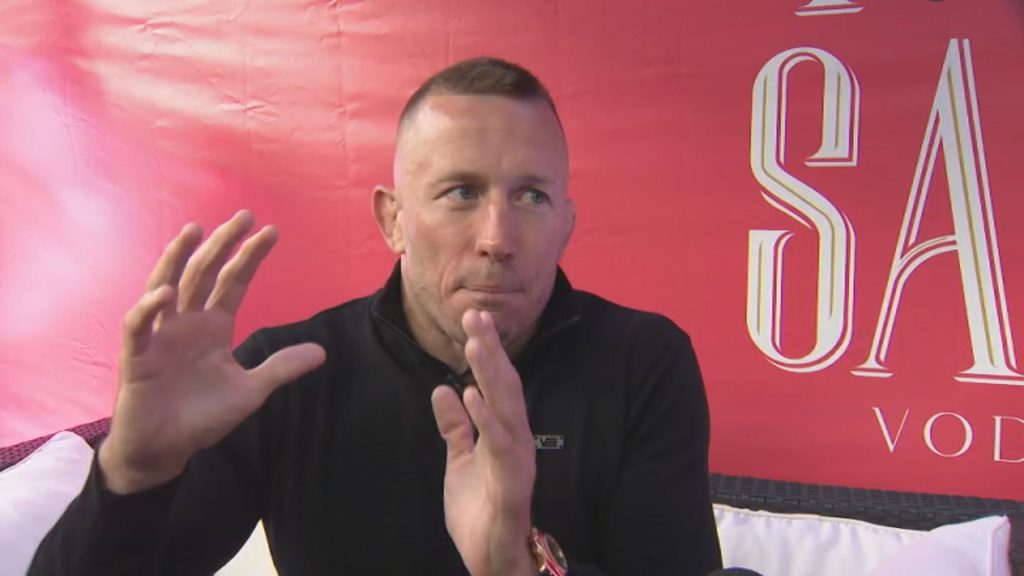
Georges St-Pierre, arguably one of the greatest mixed martial artists of all time, spoke candidly about his early struggles and how mixed martial arts helped him through difficult times.
The Ultimate Fighting Championship (UFC) Hall of Famer said he was the victim of bullying as a child and took up martial arts as a form of defense.
“It's therapy. I can channel all my aggression and negative energy into it and it makes me a better person, and I feel better after it's over. So it's kind of therapeutic for me,” St-Pierre said.
St-Pierre says many people struggle with their mental health and finding something they're passionate about can have a positive impact on their overall well-being. He says it's not unusual for him, as he struggled with his mental health after his win over Johny Hendricks in 2013.
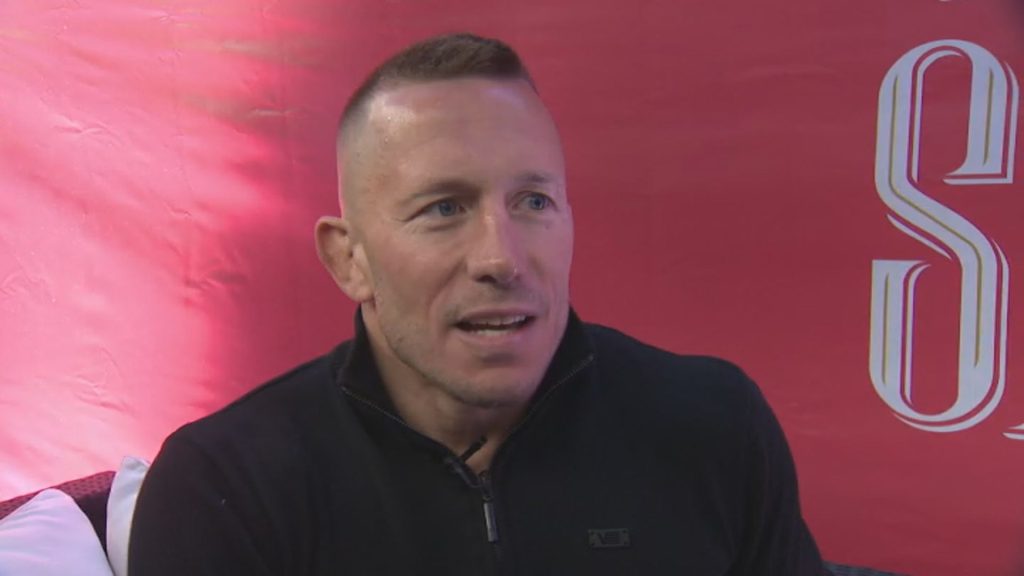
Build self-confidence
“I was scared. I felt like I was in the middle of a depression,” St-Pierre said. “I was too scared to admit it because I was scared they'd say, 'Oh, he's the champion, he's rich, what are you complaining about?' I was embarrassed to talk about it, but now I regret it.”
St. Pierre said that time allowed him to pursue other passions, and it's something he always encourages people to do: “If you're struggling, it's because you feel empty sometimes. Maybe you haven't found your passion yet, and there's no shame in that,” he said.
St-Pierre believes the one thing any martial art teaches is building self-confidence, and he says having confidence is the most important thing.
“It's a bit like the analogy of someone who has a lot of money in their bank account but no way to access it,” he says. “You may have great potential, but if you don't have the confidence to make it happen, it's all for nothing.”
Glenn McKenzie, a Renzo Gracie black belt instructor at Il Bizarre, has seen the improvement and dramatic lifestyle changes some of his students have made thanks to martial arts.
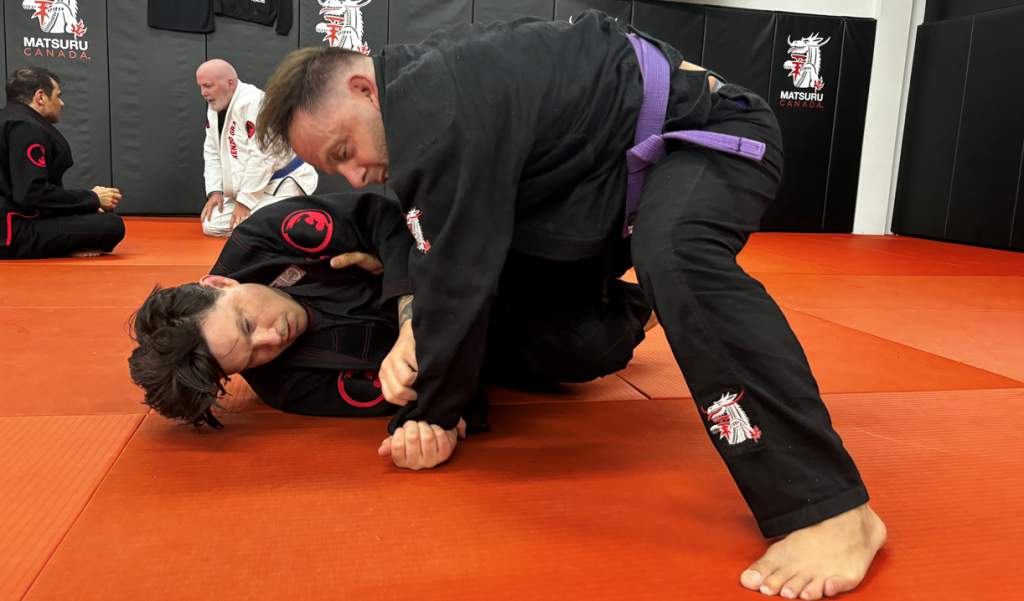
“The most important thing is to get some necessary distance in life,” Mackenzie says. “We are overwhelmed with social media and the false positivity in life. Jiu-jitsu gives me that break. When I'm doing martial arts, I don't think about anything else.”
McKenzie said he has seen kids who struggled with anxiety and low self-confidence come out of their shells and change their lives for the better. He said the Renzo Gracie Youth Program was created to provide an environment where kids between the ages of 3 and 15 can experience and understand the values of focus, discipline and respect.
“When you're being bullied, you tend to get yourself into trouble even if you try to stand up for yourself, right? The great thing about jiu-jitsu is it shifts the responsibility. I had to stand up for myself, but I wasn't hurting any kids, I was just standing up for myself.”
Discussing the many benefits of mixed martial arts and athletics, Dr. Jennifer Russell, a clinical psychologist in the psychology department at McGill University Health Centre, said she saw a big change in one of her patients' behaviour and overall motivation after she started martial arts.
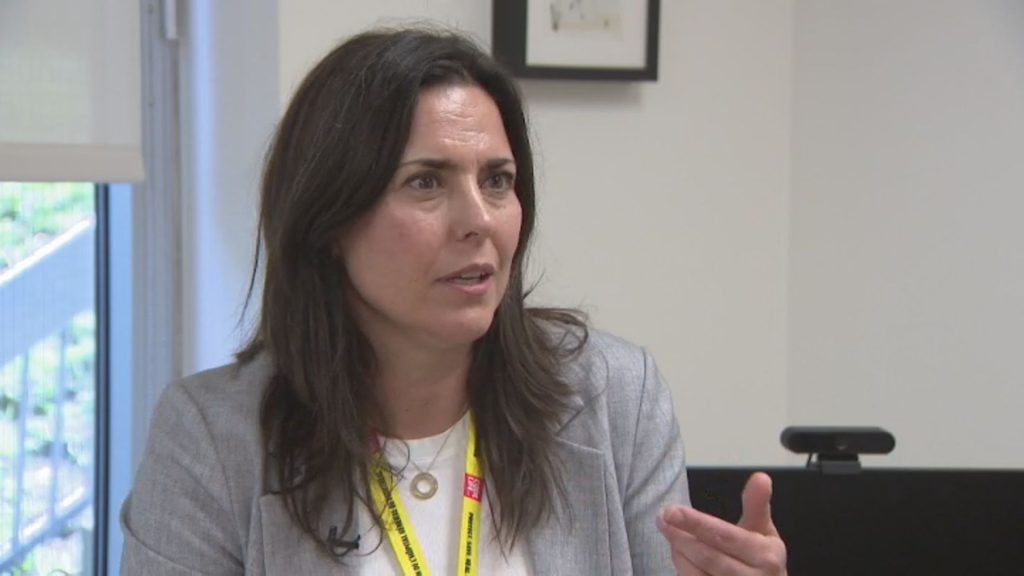
Challenges are opportunities for growth, not obstacles
“Martial arts teaches you discipline and self-control, and I think it requires real focus to learn and practice, and maybe it helps distract you from the stress you feel outside the gym in the first place,” Russell said.
“But secondly, it may also lead to healthier strategies, better strategies to help manage emotions like anxiety and depression while outdoors.”
Russell says one of the reasons many people believe martial arts are beneficial for mental health is because they foster a growth mindset. Clinically, he says, there's a correlation between intense, focused physical activity and the release of endorphins, natural mood-boosting chemicals.
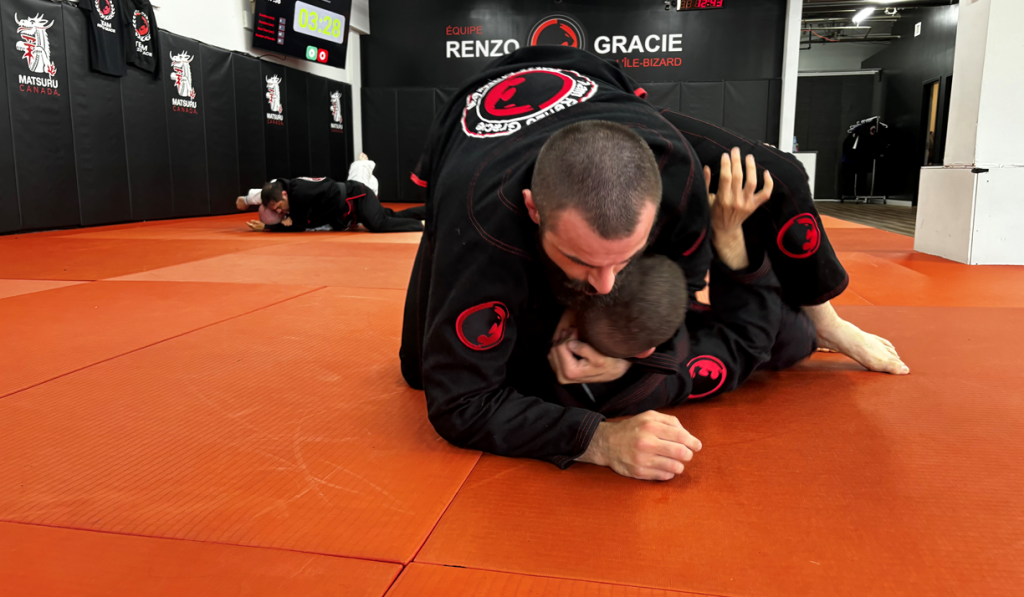
Justin Mancini, a student at Renzo Gracie in Il Bizarre and owner of LGBTQ and All, an online wellness hub and mental health resource, encourages people of all ages to try martial arts. Like Mackenzie, he had students who were bullied, but he noticed big changes when they were immersed in different martial arts.
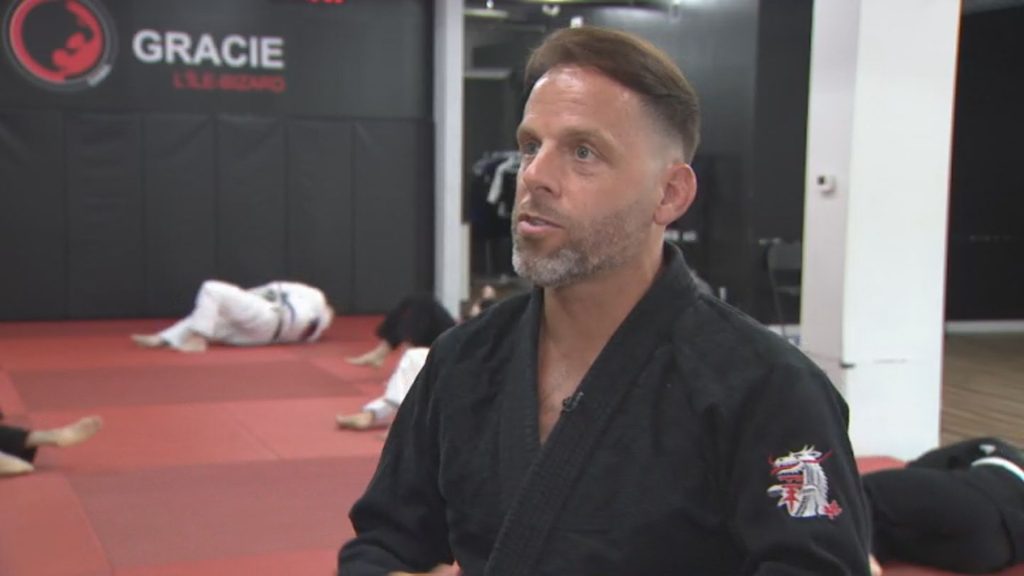
“I taught my son kickboxing, martial arts and karate every day for six or seven months. I think he became more positive and had more energy,” he says. “Martial arts really helped my son and changed his life.”
While St. Pierre says people of all ages should learn martial arts for their overall health and wellness, he emphasizes that any physical activity or creative expression can be a gateway to dealing with emotions, and that to be successful, people must embrace failure when dealing with loss.
“I've lost a lot, I've been humiliated a lot, I've taken a lot of blows — and when I say blows, I don't mean physical blows, I mean mental blows,” St-Pierre said.
“Every time, I was able to analyze it, get up and come back stronger. Every time. That's the mentality you need if you want to achieve anything in life.”

